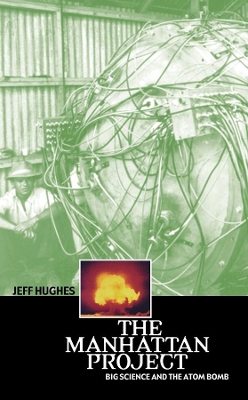Launched in 1942, the Manhattan Project was a well-funded, secret effort by the United States, the United Kingdom, and Canada to develop an atomic bomb before the Nazis. The results—the bombs named "Little Boy" and "Fat Man"—were dropped on Hiroshima and Nagasaki in August of 1945.
A vast state within a state, the Manhattan Project employed 130,000 people and cost the United States and its allies 2 billion dollars, but its contribution to science as a prestigious investment was invaluable. After the bombs were dropped, states began allocating unprecedented funds for scientific research, leading to the establishment of many of twentieth century's major research institutions. Yet the union of science, industry, and the military did not start with the development of the atomic bomb; World War II only deepened the relationship. This absorbing history revisits the interactions among science, the national interest, and public and private funding that was initiated in World War I and flourished in WWII. It then follows the Manhattan Project from inception to dissolution, describing the primary influences that helped execute the world's first successful plan for nuclear research and tracing the lineages of modern national nuclear agencies back to their source.
- ISBN10 0231131534
- ISBN13 9780231131537
- Publish Date 14 June 2016 (first published 4 November 2002)
- Publish Status Active
- Publish Country US
- Imprint Columbia University Press
- Format Paperback (US Trade)
- Pages 200
- Language English
